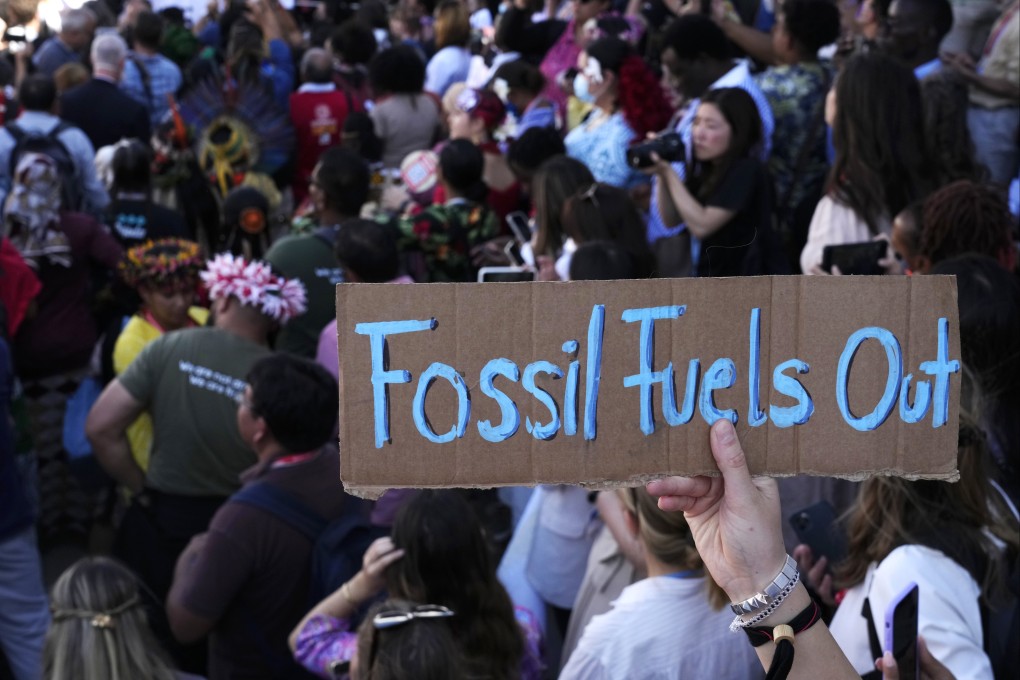Macroscope | Net zero is out of reach unless we help SMEs decarbonise too
- SMEs, a major contributor of industrial emissions, are very much left out of the global climate strategy
- We need to start treating them like small countries and applying ‘loss and damage’-style solutions

Reaching net zero is impossible without a strong global SME decarbonisation strategy, especially when they are an integral part of global supply chains. Yet discussions on the role of SMEs in decarbonisation remain largely limited to the local level in many countries, and the perspectives of SMEs and entrepreneurs are not considered in global climate policies.
Since the individual SME environmental footprints are small, SMEs’ role in pollution such as industrial waste often go unnoticed. We need to think of SMEs as the world’s smaller countries against the big corporations that, like the bigger countries, are always in the spotlight.
To put things into perspective, the world’s most polluting country per capita is Qatar, whose population of less than 3 million emits more than 35 tonnes of carbon dioxide per person, more than twice the United States’ and four times China’s. Next on the list is Bahrain and Kuwait, also tiny countries that escape mainstream climate attention.
Unlike with big corporations, individual SME emissions are much harder to audit and most SMEs do not even have the right level of education to participate in the global decarbonisation journey.
